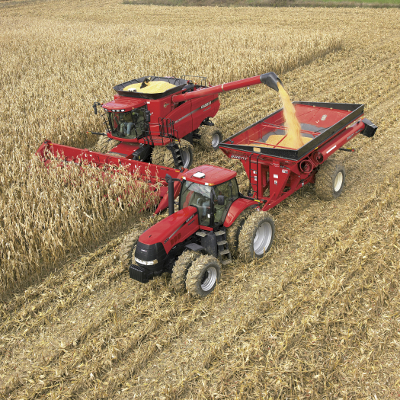
By Minnie Payne
In the spring of 2012, state Rep. Eddie Rodriquez (D-Austin) chaired the Farm-to-Table Caucus, along with vice chair state Rep. Lois Kolkhorst (R-Brenham), in an effort to educate members of the Texas House of Representatives on the growing, harvesting, and consumption patterns of Texas foods. The bi-partisan caucus is the first of its kind in the nation.
Rep. Rodriquez, chair of the caucus, says that he looks forward to working with the state’s urban and small family farms, restaurants, and distribution net works to help ensure everyone has access to locally gown Texas foods. In many ways, the caucus represents a recognition on the part of law makers of the potentially positive impacts of the 'green' and 'eat local' movements on both the Texas economy and public health.
“Texas legislators need to take a closer look at the laws and regulations governing local food production and distribution,” comments Rodriquez.
Texas family farms, ranches, and coastal fishing operations, as well as the distributors and consumers of their goods, will receive primary and initial focus of the caucus. Other caucus issues will include food security, childhood obesity, hunger, and the availability of organic and locally produced foods for Texas consumers.
Vice chair of the caucus, Rep. Kolkhorst, says that producers and growers have struggled for years, and it’s an issue that cuts across the political spectrum from urban to rural.
“This is not only a debate over government regulation, but also a conversation about free market fundamentals that encourage small businesses,” says Kolhorst.
Legislative members will receive recommendations from the caucus staff, which will also transmit information from the growing number of “local food” advocacy organizations. Recommendations on Texas beer, wine, or distilled spirits issues will not be made by the caucus, but the caucus may serve as a trusted source for reliable information surrounding these issues.
“Local Food” can mean anything from sustainable, organic, and natural goods which are cultivated in Texas to specific geographic designations. Invariably, these designations are vague and often more dependent on expert marketing skills than apparent metrics.
The Farm-to-Table Caucus feeds information to Texas Legislators in an effort to provide simple terminology and give real understanding to the purpose and necessity of specific legislation as it relates to the previously mentioned issues.
Over the last 30 years Texas has changed from an agricultural state to an urban state which has caused the demise of family farms. Cheap processed foods have caused a cultural change in consumers’ minds and the source of the food they eat. It’s no wonder that today’s society is prone to obesity and nutritional deficiencies.
Urban farms, farmers’ markets and restaurants catering to fresher, healthier and local foods have spurred on family farms both inside and outside major urban areas, surpassing the number of victory gardens that existed during World War II.
Rep. Rodriquez says that the diversification of food sources raises questions about the laws and regulations governing production, distribution and consumption within Texas. He adds, “From farm to table, the caucus will take a closer look at these and other questions as they surface in front of the Texas Legislature.” The caucus holds the prospect of improving the availability and support for locally grown, organic, and other produce in Dallas Ft. Worth and all of North Texas.
Minnie Payne is the food reporter for Green Source DFW, focusing on DFW stories that include agriculture, the Botanical Research Institute of Texas, sustainable wines, green grocers, community gardens, green restaurants, etc. She’s open to all food story suggestions from readers. She was a writer for Pegasus News and presently freelances for Living Magazine and Frisco Style Magazine. She can be reached atjdpmap@verizon.net









